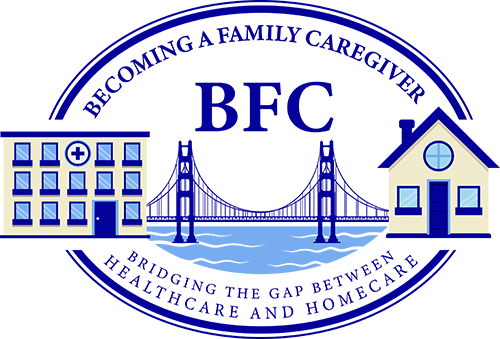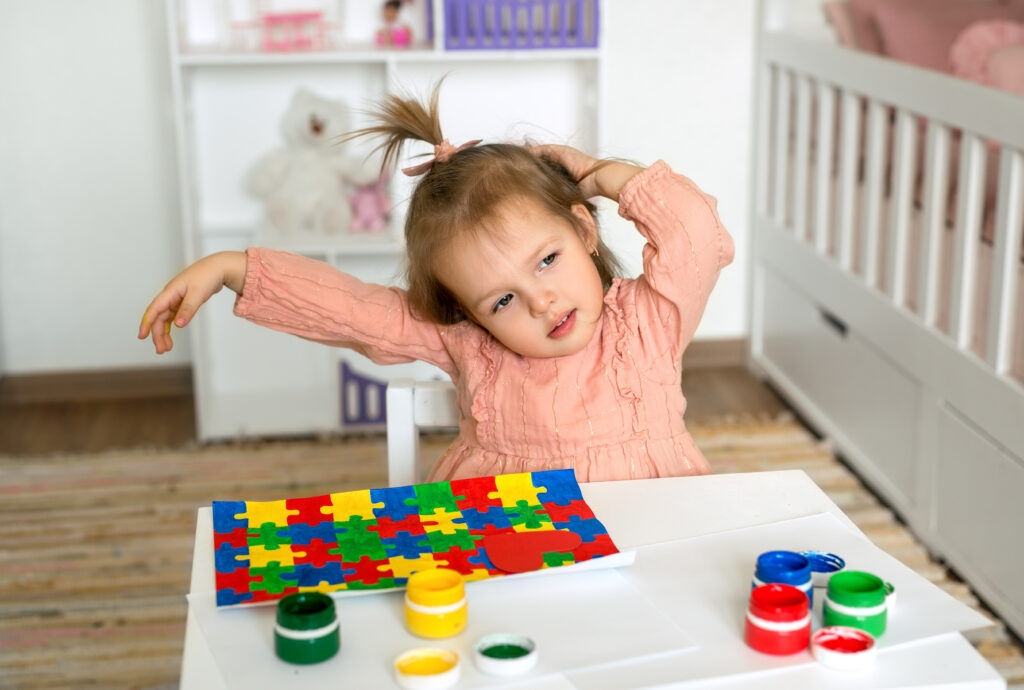Difficulty in One Area of Learning
Learning Disorders fall under intellectual disabilities as a subgroup. Having a learning disorder means that a child has difficulty in one or more areas of learning. The learning limitation, however, has no impact on overall intelligence or motivation to learn. Examples of common learning disorders include:
- Dyslexia – difficulty with reading
- Dyscalculia – difficulty with math
- Dysgraphia – difficulty with writing
Acting Out in School Covers Embarrassment
Unfortunately, when children act out in school to cover up their embarrassment over not performing well academically, teachers may see their behavior rather than their learning disability. The children feel frustrated that they cannot master a subject despite trying hard. The stigma of being different can lead to emotional struggles, feelings of helplessness, depression, and self-esteem issues as they mature if not addressed in early childhood.
May Present as Emotional or Behavioral Disorders
Learning disorders can also be present with emotional or behavioral disorders, such as attention-deficit/hyperactivity disorder (ADHD) or anxiety. The combination of problems can make it particularly hard for a child to succeed in school.
Symptoms to Watch
Adults who oversee children who have trouble academically or develop behavioral problems after starting school should look for the following symptoms of learning disorders as a possible reason for the behaviors. Some of the symptoms of learning disorders are
- Difficulty telling right from left
- Reversing letters, words, or numbers after first or second grade
- Difficulties recognizing patterns or sorting items by size or shape
- Difficulty understanding and following instructions or staying organized
- Difficulty remembering what was just said or what was just read
- Lacking coordination when moving around
- Difficulties doing tasks with the hands, like writing, cutting, or drawing
- Difficulty understanding the concept of time.
Special Education
Children with learning disorders often need extra help and instruction that are specialized for them. Having a learning disorder can qualify a child for special education services in school. Schools usually do their own testing for learning disorders to see if a child needs intervention. An evaluation by a healthcare professional is needed if there are other concerns about the child’s behavior or emotions. Parents, healthcare providers, and the school can work together to find the right referrals and treatment.
Individuals with Disabilities in Education Act
Children with specific learning disabilities are eligible for special education services or accommodations at school under the Individuals with Disabilities in Education Act (IDEA) and an anti-discrimination law known as Section 504.
https://www.cdc.gov/ncbddd/childdevelopment/learning-disorder.html

